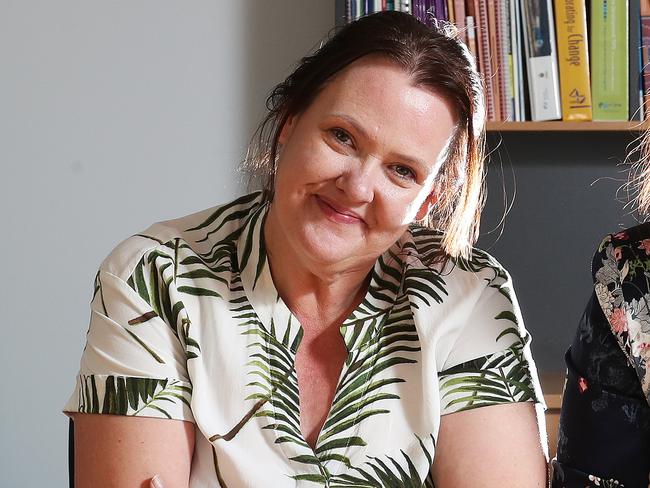Tasmanian community service organisations demand 9.5 per cent funding increase to sector
A coalition of community service organisations says the sector could face terrible consequences if the state government does not urgently step in to offer additional financial assistance.

Tasmania
Don't miss out on the headlines from Tasmania. Followed categories will be added to My News.
A group of community service organisations is demanding a 9.5 per cent increase in funding to the sector, saying that without additional resources they could be forced to turn away vulnerable people in desperate need of help.
The 14 organisations – including the Tasmanian Council of Social Service (TasCOSS) and the Alcohol, Tobacco and other Drugs Council (ATDC) – will on Tuesday launch their Fair Funding campaign, which will call for 9.5 per cent indexation across government-funded community services in 2023-24 and seek a “fit-for-purpose” indexation model from 2024-25.
TasCOSS acting CEO, Dr Charlie Burton, said the May state budget must provide for a funding increase, noting that annual indexation for the industry had been between 0 and 3 per cent for the past 20 years, despite inflation sitting at an average of 3.45 per cent over that period.

In the 12 months to the December 2022 quarter, inflation rose to 7.8 per cent.
“In practice, the gap between income and growth in our costs is even larger,” Dr Burton said.
“For example, in the years 2020 and 2021, annual government indexation was 2.25 per cent, while the majority of community service organisations experienced cost increases of 9.2 per cent and 13.1 per cent for each of those years.”
Dr Burton said the community services industry was “critical to Tasmania’s society” and contributed $1.9b to the state’s economy each year.
“Just some of the essential work we do includes helping Tasmanians to avoid ill health through support to stay active and eat well, providing financial counselling to address housing stress, as well as delivering literacy and digital skills to ensure young Tasmanians have the skills and confidence they need to gain employment,” he said.
ATDC acting CEO, Dr Jackie Hallam, said higher wages and skyrocketing inflation had meant that operational and service delivery costs had increased “dramatically” for the sector.

“It’s death by a thousand cuts – we are seeing our organisations having to make tough decisions and cut staff and services in a time when there are waiting lists to access treatment and education,” she said.
“It’s now even more out of balance and will have flow-on effects and fill up our hospitals and prisons.”
Dr Burton said the key outgoing costs for organisations included wages, rent, fuel, insurance and electricity and they may be left with no choice but to slash further services and staff in order to continue operating.
“This could leave us in the invidious position of turning people away without the help they need, which would be a simply terrible situation,” he said.





